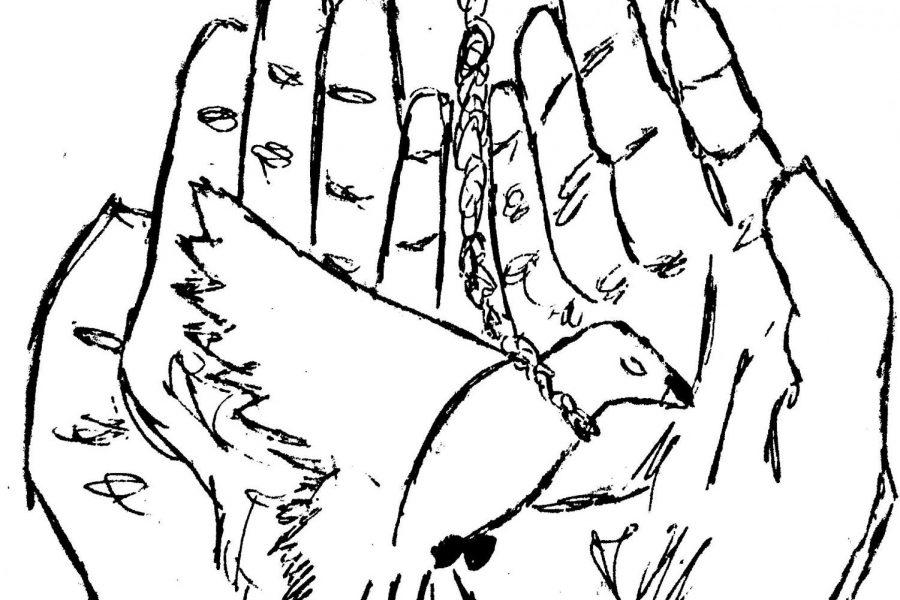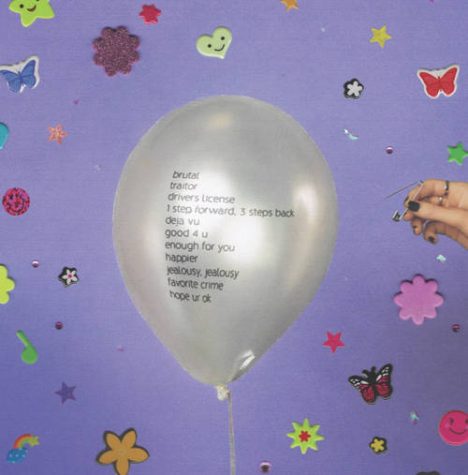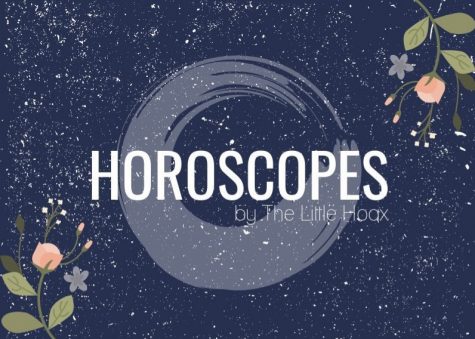Identifying Toxic Relationships
Toxic relationships can make people feel like they’re being drained and tied down by another individual.
November 12, 2019
What Defines A Toxic Relationship
A person who constantly undermines or causes harm to a partner, whether intentionally or not, often has a reason for their behavior, even if it’s subconscious. A toxic relationship can, of course, occur not only between two individuals in a committed relationship, but also between friends or parents and children.
1. Criticizer
This person will constantly criticize you. They will make fun of you and anything you say that expresses your ideas, beliefs, or wants is silly or stupid. They will not hesitate to belittle you in public, even if it is in front of your friends or family. Usually this person disguises their treatment under sentences like, “I’m just kidding. Can’t you take a joke?” They are not kidding and what they’re doing is not a joke. Often they tell you that you’re lucky to have them as a partner, that no other person would really want you. The goal is to keep your self-esteem as low as possible so that you don’t challenge their absolute control of the relationship. If, sadly, you tolerate this deprecating behavior long enough, you very well may begin to believe you can’t make good decisions.
2. The “Bad Temper”
This person will control with intimidation and will have you feeling like you’re walking on eggshells around them because of their unpredictable temper. This constant need for vigilance to know what will trigger an angry outburst wears on the “victim”‘s emotional and physical health. This type of emotionally abusive partner rarely shows this side of themselves to the outside world. They are frequently seen as a pleasant person whom almost everyone likes. If you confront a “bad temper” partner about the inappropriateness of their anger, they will almost always blame their temper outburst on you. Somehow it’s your fault, they yell and scream. This disowning of responsibility for their dysfunctional behavior is typical of a toxic partner.
3. The Guilt-Inducer
This person will control in relationships, as well as in a committed relationship, by putting guilt on the “victim.” They control by encouraging you to feel guilty any time you do something they don’t like. They not only control by inducing guilt, but also by temporarily “removing” guilt if you end up doing what he or she wants you to do. For guilt-prone individuals, anything or anyone that removes guilt is very desirable and potentially almost addictive, so the guilt-inducer has an extremely powerful means of control.
4. The Overreact-er/Deflector
This person will overreact or deflect your feelings when you tell them you’re unhappy, hurt, or angry about something they did. For example, you will find yourself trying to comfort them with their unhappiness and hurt.You find yourself comforting them instead of getting comfort yourself. And, even worse, you feel bad about yourself for being “so selfish” that you brought up something that “upset” your partner so much. Needless to say, your initial concern, hurt, or irritation gets lost as you remorsefully take care of your partner’s feelings.
A variation on this theme is the deflector: You try and express your anger or irritation regarding some issue or event–your spouse stays out with their friends two hours longer than they said they would and doesn’t even bother to call–and somehow your toxic partner finds a way to make this your fault!
5. The User
This person often seems to be a very nice and decent person as long as they’re getting everything they want from you. These people are big-time energy drainers who will in fact leave you if they find someone else who will do more for them. Actually, a really adept user will occasionally do some small thing for you, usually something that doesn’t inconvenience. The important thing is to understand that it isn’t a gift, but an obligation. They’ll immediately hold whatever they’ve done over your head and work hard to induce guilt.
6. The Possessive Controller
This person will not see themselves in a relationship with you, but instead see them themselves as possessing you. Early in your relationship with them you may actually appreciate their “jealousy,” especially if it isn’t doesn’t start off as too controlling. These toxic individuals will become more and more suspicious and controlling as time goes on. They’ll check the odometer in your car to make sure you haven’t gone somewhere you “shouldn’t;” they’ll interrogate you if you have to stay late at work; they will, in short, make your life miserable. Over time they will work hard to eliminate any meaningful relationships you have with friends, and sometimes even with family. If you stay in a relationship with such an individual, you will cease to really have a life of your own.
What You Can Do
You cannot always change your partner and you shouldn’t always expect to be able to. Depending on the scenario, what you can do is calmly but firmly confront the toxic behavior. You do this by identifying the behavior to your partner, letting them know they are no longer acceptable, and suggesting alternative behaviors that would work better. When you first confront a toxic partner, you can expect that they will actually escalate their controlling behaviors. You have to be able to handle whatever they do. You have to stay calm and firm and simply repeat your request. If your partner refuses to change, consider separating from the relationship. You can attempt to seriously improve a toxic relationship only if you’re prepared to leave it.


















































